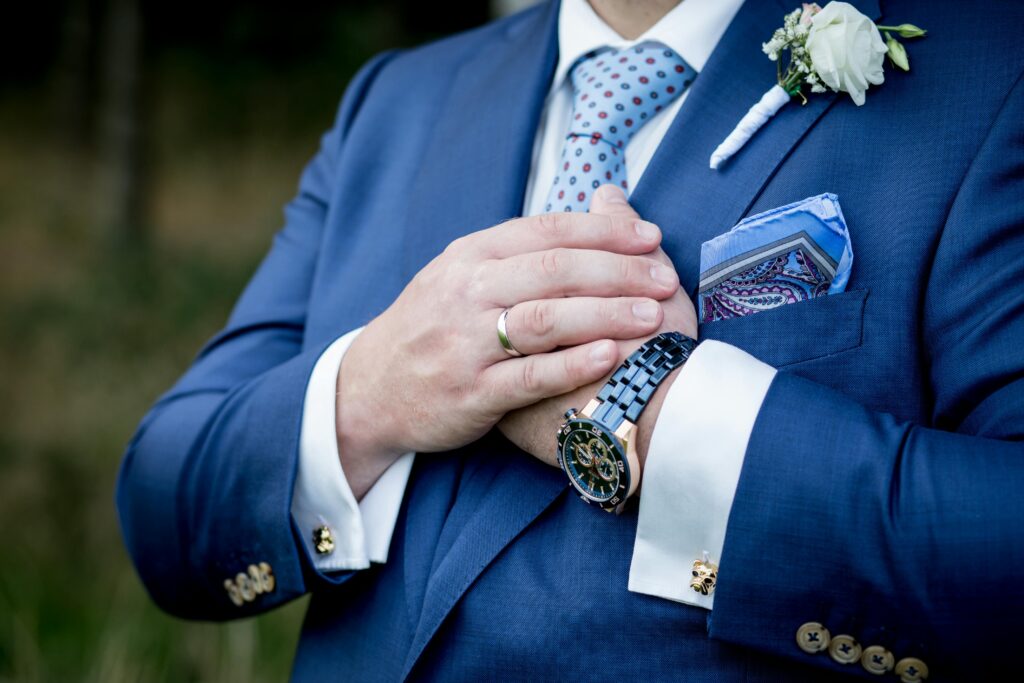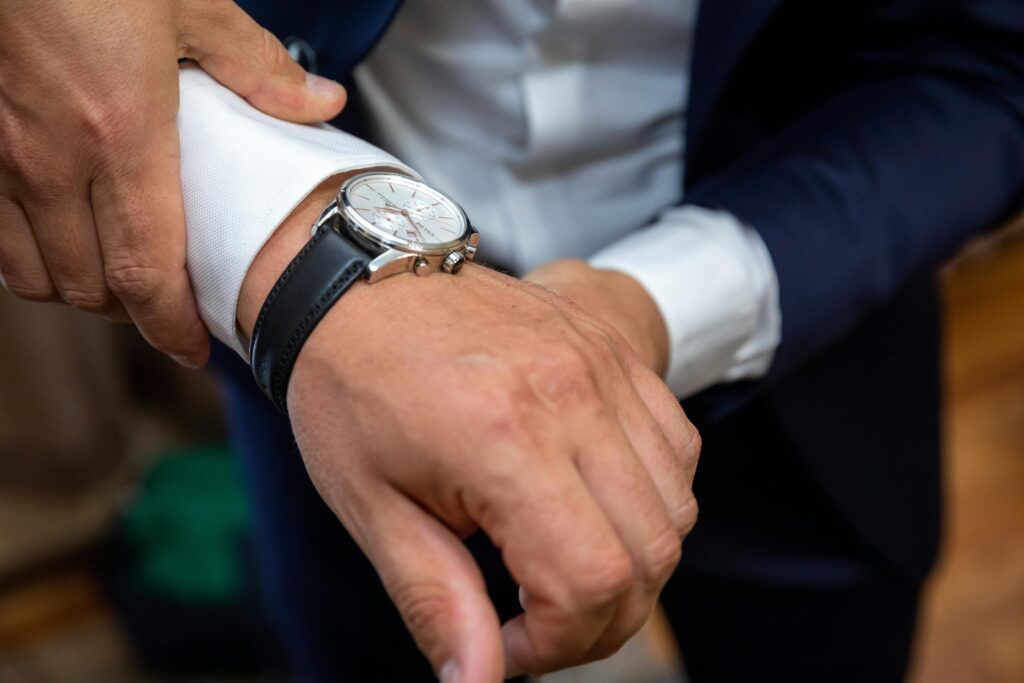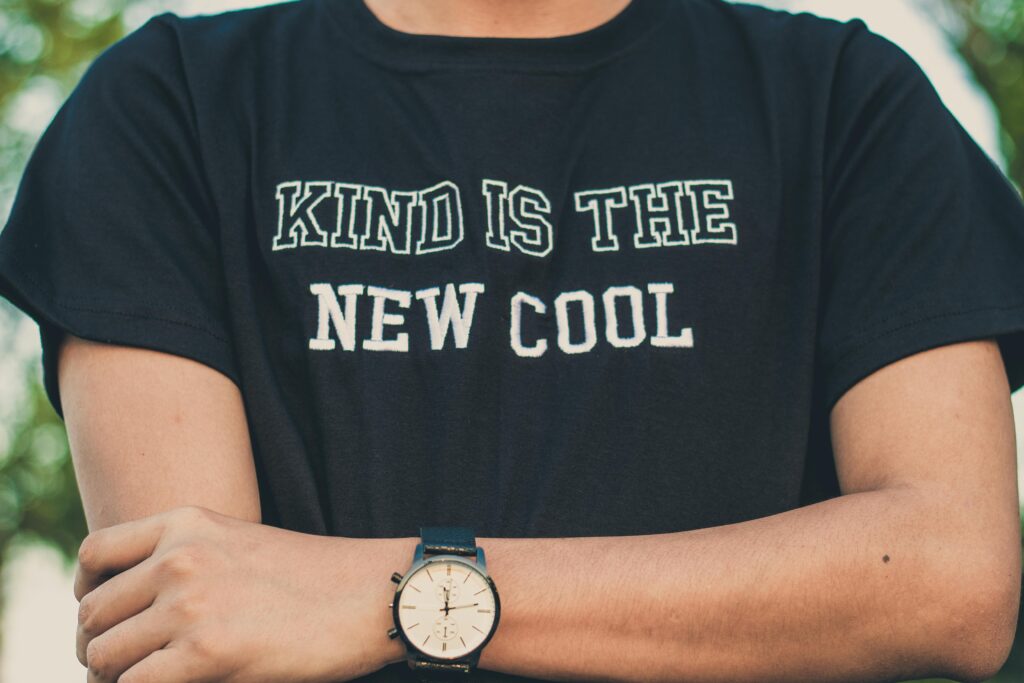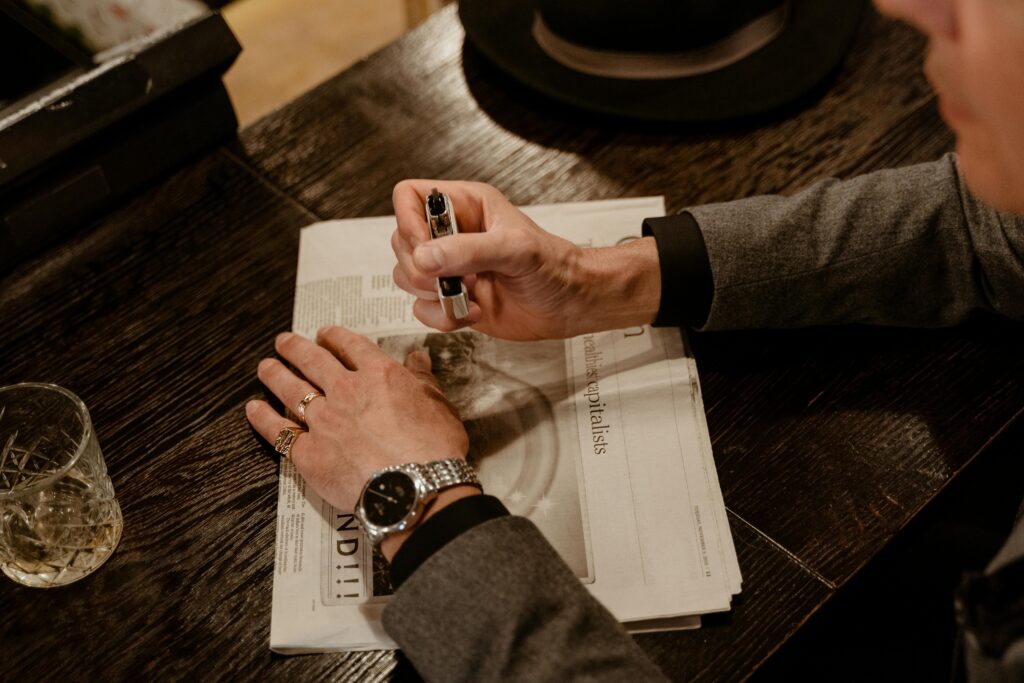A smartwatch is more than just a wristwatch for many individuals; it’s also a communication tool, productivity booster, and health companion. Watches are becoming multipurpose devices that fit easily into our daily routines thanks to the efforts of tech giants like Apple, Samsung, Garmin, and others. In this way, the contemporary watch has evolved beyond its historical function to become an essential component of modern life. This contrast between high-end mechanical timepieces with historical roots and smartwatches designed for the digital era demonstrates how adaptable and complex the concept of a contemporary watch has become.

A Personal Style Statement
The primary reasons why individuals wear timepieces nowadays are primarily influenced by fashion and personal identity. One of the few things that both men and women may utilise to express their individual style is a watch. A person’s choice of watch represents their personality and way of life, whether they go for a stylish, minimalist watch, a strict sports watch, a gaudy luxury watch, or a state-of-the-art smartwatch. For instance: A high-end mechanical watch conveys a respect for tradition, uniqueness, and artistry. A busy, adventurous lifestyle is frequently reflected in a sports watch. Simplicity and sophistication are suggested by a minimalist modern design. A wristwatch could represent a tech-savvy, health-conscious way of thinking. Nonverbal cues from watches reveal to others the user’s priorities, values, and aesthetic preferences. They become extensions of self-expression and are much more than accessories because they are more about identity than function.
Symbolic and Emotional Worth
In addition to being practical and stylish, watches often hold profound emotional significance. A watch can be given as a present to symbolise a significant occasion, like a promotion, wedding, or graduation. Many watches are passed down from one generation to the next as cherished treasures that hold not only meaning but also memories and stories. A watch frequently increases in sentimental and occasionally monetary value over Time, in contrast to cellphones or other technology that rapidly loses value. Many people wear their parents’ or grandparents’ watches to preserve their memory and heritage, not merely to tell the Time. Because of this emotional connection, the watch becomes more than just an accessory; it becomes a very symbolic and personal item.
Features Not Just for Timekeeping
Even if smartphones are capable of telling the Time, timepieces continue to fulfil special functional needs that phones can’t always take over. Specialised timepieces are made for specific uses: Diver’s timepieces are designed to endure high underwater pressures. At high altitudes, pilots’ watches aid in reading and direction. Chronographs are used in racing watches to gauge performance and speed. Smartwatches track exercise, keep tabs on health, and send out real-time alerts. These features demonstrate that contemporary timepieces are more than just accessories; they are instruments. They play useful functions in everyday health monitoring, outdoor activities, and professional domains. They differ from jewellery or decorative items due to their unique blend of elegance and practicality.

Luxury and Status
Watches’ function in determining social standing is another factor that makes them more than just accessories. Expensive timepieces from companies like Omega, Audemars Piguet, and Rolex are seen as representations of achievement, money, and success. Like expensive automobiles or stylish clothes, they are frequently worn to symbolise achievement. Luxury watches, on the other hand, retain their worth very well, in contrast to ephemeral fashion trends. Some models even gain value over Time, becoming status symbols and investments. Aside from being aesthetically pleasing, owning such a watch also allows one to be part of a culture of exclusivity, heritage, and recognition.
Durability and Lifespan
Mechanical timepieces stand out as sustainable items in a world where disposable technologies are taking over. A well-made watch can last a lifetime or more, in contrast to cellphones that might only last a few years. Maintaining, cleaning, and repairing parts for decades is ensured by watch servicing. This durability distinguishes timepieces from the majority of contemporary consumer goods. Wearing one is not just a stylish statement, but also a sustainable habit, particularly in an era where short product life cycles and rapid trends dominate the market.

The Effects of Watch Wearing on Psychology
Wearing a watch promotes discipline and order on a psychological level. Unlike taking out a phone, which frequently causes distractions, checking the Time on your wrist feels deliberate and sophisticated. Since they enable them to remain on Time without looking riveted to a screen, many professionals prefer timepieces. Additionally, wearing a watch might boost self-esteem by serving as a subtle reminder of one’s own achievements or milestones. A fashionable or opulent watch can provide a boost to self-esteem. In this sense, timepieces have an impact on mental health and confidence that extends well beyond the flimsy notion of accessories.
How Watches Will Develop
The function of watches will only grow in the future. Smartwatches are expected to become increasingly integrated into healthcare as a result of technological advancements, potentially monitoring chronic conditions or detecting diseases early. Traditional luxury watchmaking, meanwhile, remains alive and well, demonstrating that people’s admiration for engineering, art, and heritage endures. For many generations to come, timepieces will continue to hold cultural, emotional, and practical significance because of this balance between innovation and tradition. They are works of human creativity and advancement, not just accessories.

In conclusion
Contemporary timepieces are much more than ornamental pieces. They stand for creativity, craftsmanship, and history. They serve as emotional meaning channels, personality manifestations, and markers of identification. Watches serve as memories, investments, and tools—items that go beyond style and functionality. The fact that timepieces are still in demand shows how important they are even in a world where it’s simple to check the Time on a phone. A watch tells a story—one of tradition, technology, individualism, and human success— rather than just reporting the Time. Modern watches, whether they are digital or mechanical, rich or simple, have earned their position as significant life partners and are much more than just accessories.



